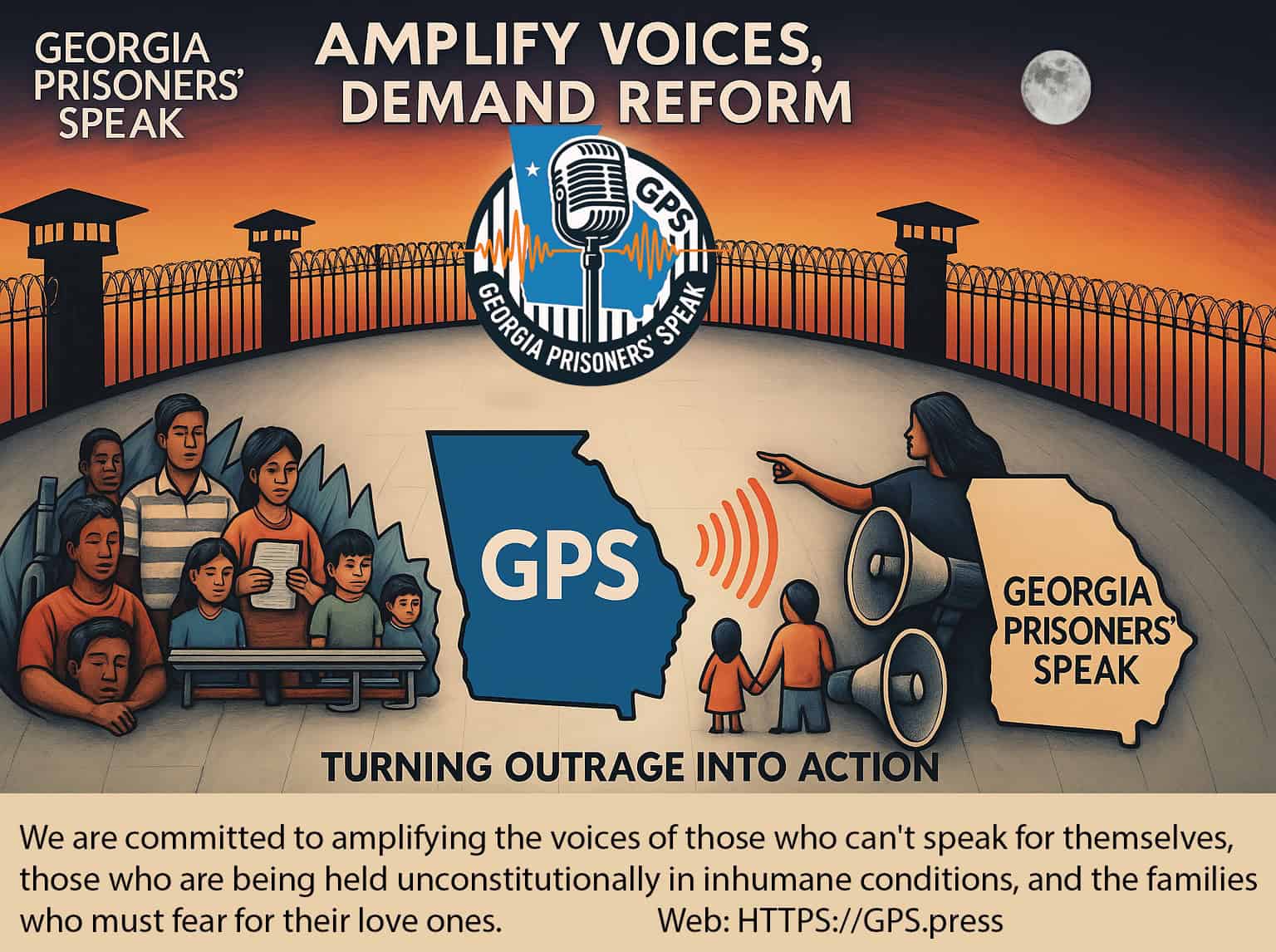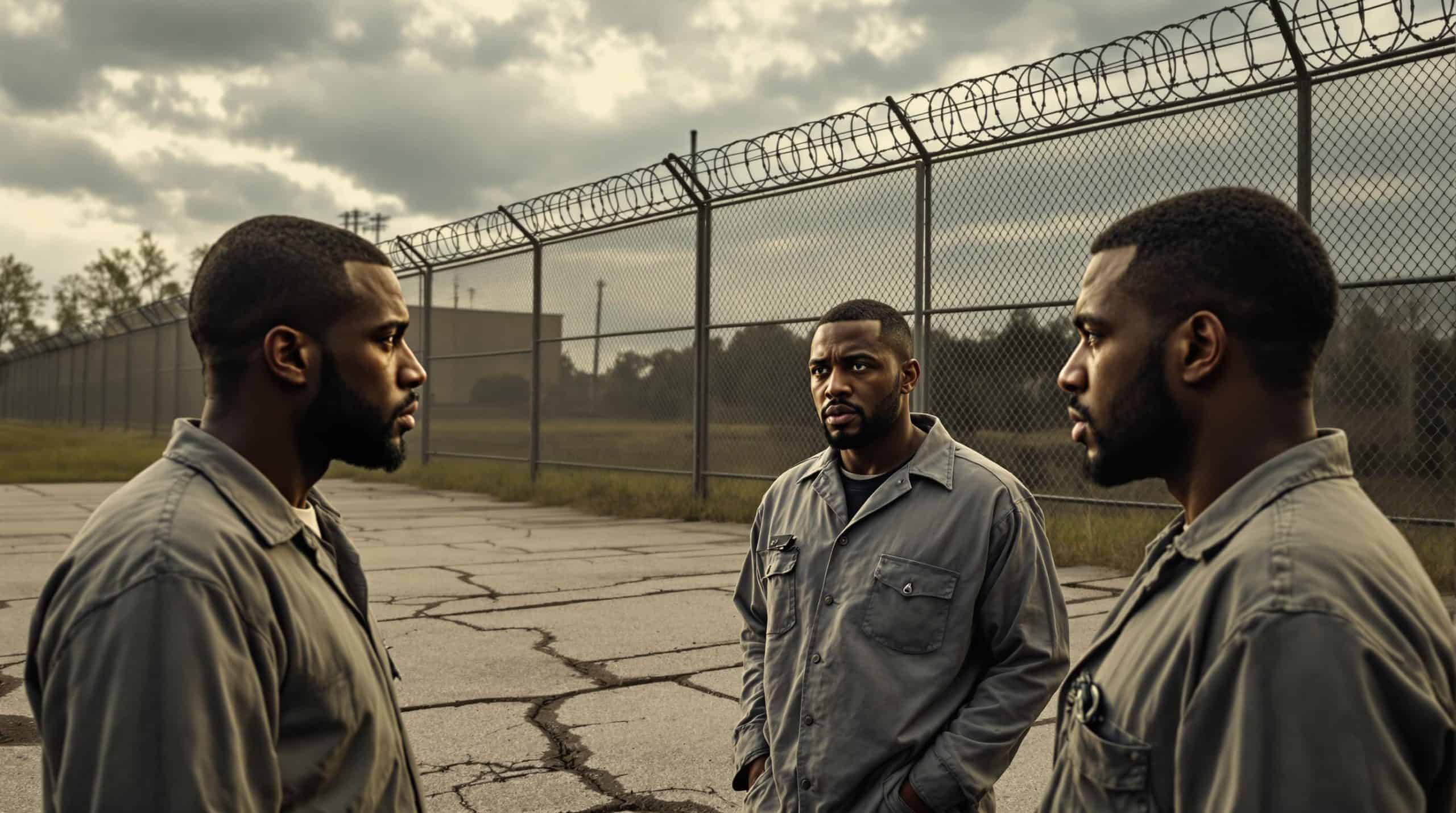$170 million annually to private prisons. 15% of inmates in for-profit facilities. Higher costs than state-run prisons. Georgia’s prison system prioritizes profit over people. Private operators like CoreCivic and GEO Group lobby for mandatory minimums and three-strike laws that keep their facilities full. Over 6,400 inmates perform unpaid labor. Families pay $17.30 for 15-minute phone calls. The system extracts money while abandoning rehabilitation. This isn’t justice—it’s commerce. 1
The Profit Model
Private prisons generate profit through incarceration:
- $170 million annually—Georgia pays private operators
- 7,800 inmates—in for-profit facilities
- Higher costs—audits show private prisons cost more than state-run
- Less transparency—limited accountability to taxpayers
Independent audits contradict claims that privatization saves money. The profit motive incentivizes full facilities, not rehabilitation.
Policy for Profit
Private prison companies shape legislation:
- Mandatory minimums—guarantee long sentences
- Three-strike laws—ensure life sentences for repeat offenses
- Cash bail systems—keep poor defendants locked up pre-trial
- Opposition to reform—lobbying against decarceration
Mario Navarrete received life under Georgia’s three-strike law for a non-violent offense. The law exists because it’s profitable, not because it’s just. 2
Family Extraction
Families subsidize the profit system:
- $17.30 for 15 minutes—phone call costs
- $300-550 monthly—commissary and communication
- Inflated prices—captive market exploitation
- Impossible choices—contact or basic needs
Georgia’s prison system extracts money from the families least able to afford it while providing minimal care in return.
Labor Exploitation
Inmates provide free labor:
- 6,400+ inmates—perform unpaid work
- Manufacturing, food production, maintenance—essential operations
- Corporate benefit—companies profit without paying wages
- No rehabilitation—labor doesn’t provide job skills for release
This system continues historical patterns of exploiting incarcerated labor while calling it “correction.”
Take Action
Use Impact Justice AI to send advocacy emails demanding an end to for-profit prisons in Georgia. The free tool crafts personalized messages to Georgia lawmakers—no experience required.
Demand:
- Ban on private prisons in Georgia
- Fair wages for prison labor
- Regulated communication costs for families
- Transparency in prison finances
Further Reading
- Blood Money: How Georgia’s Prison Economy Thrives on Human Suffering
- The Cost of Communication: Families Paying the Price
- GPS Informational Resources
- Pathways to Success
About Georgia Prisoners’ Speak (GPS)
Georgia Prisoners’ Speak (GPS) is a nonprofit investigative newsroom built in partnership with incarcerated reporters, families, advocates, and data analysts. Operating independently from the Georgia Department of Corrections, GPS documents the truth the state refuses to acknowledge: extreme violence, fatal medical neglect, gang-controlled dorms, collapsed staffing, fraudulent reporting practices, and unconstitutional conditions across Georgia’s prisons.
Through confidential reporting channels, secure communication, evidence verification, public-records requests, legislative research, and professional investigative standards, GPS provides the transparency the system lacks. Our mission is to expose abuses, protect incarcerated people, support families, and push Georgia toward meaningful reform based on human rights, evidence, and public accountability.
Every article is part of a larger fight — to end the silence, reveal the truth, and demand justice.

